Drug and alcohol addiction - How hypnotherapy helps you break the habit
With Cognitive Behavioural Hypnotherapy I focus on two things:
- Stopping addictive behaviours
- Reducing your fear of relapsing
Working with you we look at changing your identity and beliefs.
What do I mean by that? Together we work on creating a positive identity of being healthy, in control, powerful and free.
In other words, to end this habit you don’t have to stay the “addict” or “ an “alcoholic”.
You’re the opposite.
Typically, I work with a client to look at their core beliefs: memories that make the person weak and fearful. We interrogate the years of feelings of failure, fear and hopelessness.
What are we doing? We're changing the way the brain thinks, feels and acts about these memories to stop the cravings for drugs and/or alcohol.
What is an addict?
An addiction is something that, put simply, has become out of control. It has a negative effect not just on you, but on your family, on your work, on those around you.
So, how can hypnotherapy help with that?
It's all in the mind.
What exactly is hypnotherapy?
Quite simply hypnosis is a deep state of relaxation. It brings calm to you. And when you’re calm you make better decision about yourself. In effect you’re creating a state of mind where you can think your way out of situations.
For example, you walk in a pub and have no interest in having a drink. Or, whilst drinking with your friends, feel the need to pop to the toilet for a “cheeky line”. You’re simply not bothered any more.
Dealing with the dopamine in your addiction
Dopamine release is triggered when you engage in activities you find pleasurable, such as eating chocolate or playing sports, and it teaches your brain what actions to repeat, and eventually, to crave.
Dopamine is a chemical that sends signals between brain cells.
It’s called the "feel-good hormone" and is associated with feelings of euphoria, bliss and happiness.
But dopamine has a more sinister side. Drugs such as cocaine, nicotine and heroin cause huge boosts in dopamine. The high you feel when you use drugs comes partly from this dopamine spike.
This is what makes you seek out those drugs again and again — even though they are harmful.
This “reward” the brain feels is the high that addicts look for time and time again.
What type of addiction do you need hypnotherapy for?
Alcohol addiction
Drinking is a part of life for many people. When is it common in society, it can be hard to tell the difference between someone who likes to have a few drinks now and then and someone with a real problem.
Alcohol addiction can show itself in a variety of ways. The severity of the disease, how often someone drinks varies from person to person. Some people drink heavily all day, while others binge drink and then stay sober for a while. Regardless of how the addiction looks, someone typically has an alcohol addiction if they heavily rely on drinking.
Alcohol abuse creates a complex imbalance of dopamine in the brain. Over time, you have to drink more to get that dopamine hit – causing your body to crave more alcohol. That’s alcohol addiction.
Nicotine addiction
Nicotine. The addictive ingredient in tobacco. When you smoke a cigarette, nicotine is rapidly absorbed by the lungs and taken to the brain.
You’re hooked. More than two-thirds of Americans who tried smoking became dependent.
And our good friend dopamine? Nicotine helps release it so you, the smoker, feel good.
Heroin addiction
Heroin causes the level of dopamine in the brain’s reward system to increase massively. Tests on animals have found a 200% increase in dopamine levels.
Cocaine addiction
Cocaine meddles with the brain's use of dopamine to convey messages from one neuron (brain cell) to another. This means cocaine stops neurons turning off the dopamine, leaving the brain thinking it's being 'rewarded' unconditionally.
In animal experiments, cocaine caused dopamine levels to rise to more than three times the normal level.
Gambling addiction
Gambling problems can happen to anyone when your gambling goes from a fun, harmless diversion to an unhealthy obsession with serious consequences. Whether you bet on sports, scratch cards, roulette, poker, or slots—in a casino, at the track, or online—a gambling addiction can strain your relationships, interfere with work, and lead to financial disaster. You do things you never thought you would, like running up huge debts or even stealing money to support your habit.
Working together. You, me and hypnotherapy.
By working together we’re surrounding you with positive beliefs about being healthy, having the power to stay strong and in control.
Hypnosis works by helping you own these new ideas about yourself.
We’re creating a new, better you, both for now and the future. Let’s meet this new healthy, clean and powerful you. Free from addiction.
Here you have healthy relationships, doing work you love, living a healthy life and enjoying a powerful feeling of self-worth.
We’re replacing the old beliefs and habits with new ones and a new healthy identity.
Addiction, hypnotherapy and cognitive behaviour
In the past, if you saw your favourite pub, or a friend pouring a glass of wine, your brain would trigger emotions, needs, pleasure and cravings for alcohol. Get ready for the dopamine hit. In other words, you'd be struggling not to drink.
With hypnotherapy, we can actually re-wire your response, giving you new thoughts, feelings and actions. Your brain doesn't automatically respond to the old way because it now feels stronger and healthier.
So that what used to cause your cravings and a relapse, now actually reinforces why you don't drink or take drugs.
James Thomas. Cognitive Behavioural Hypnotherapist. Who am I?
I’m James Thomas. My long-winded title is Cognitive Behavioural Hypnotherapist. I use hypnosis, amongst other techniques, to apply CBT to deal with your stresses, anxieties, or whatever it is that’s causing you to be an addict.
I cover Yorkshire and Lincolnshire with rooms in Leeds, York, Lincoln and Louth.
You can get in touch with me at jamesthomas@thegentlemind.co.uk or call 07787563099.









